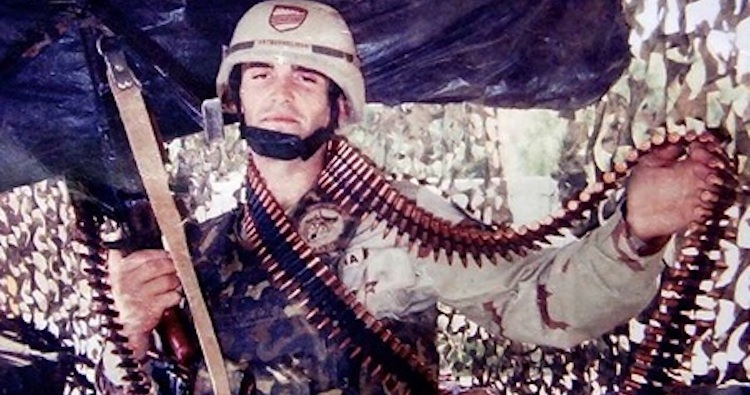Georgian PM honours fallen national hero Antsukhelidze on 38th birthday

Georgian Prime Minister Irakli Garibashvili on Thursday honoured national hero Giorgi Antsukhelidze, who was killed in the 2008 Russia-Georgia war. Photo: Government of Georgia press office
Georgian Prime Minister Irakli Garibashvili on Thursday commemorated the 38th anniversary of the birth of the late national hero Giorgi Antsukhelidze, a servicemember captured in the Russia-Georgia war in 2008 before being tortured and killed by Russian forces and troops of the de facto authorities of central Georgia’s occupied Tskhinvali (South Ossetia) region.
In his comments, Garibashvili said “heroes like Antsukhelidze create the great history of Georgia, strengthen its independence and statehood”.
The courage of the 23-year-old sergeant, his fortitude in the face of the enemy, and his dedication to the motherland are exemplary for each of us and future generations. I bow before his bright memory", Garibashvili said.
Conscripted into the Georgian Armed Forces in 2001, the 23-year-old Junior Sergeant entered the 2008 conflict as an assistant gunner in the 41st Battalion of the 4th Infantry Brigade.
 Antsukhelidze was 23 years old when he entered the 2008 conflict.
Antsukhelidze was 23 years old when he entered the 2008 conflict.
On the second day of hostilities he was captured by Russian forces and Tskhinvali troops during the battle in the central Georgian region, before being beaten to death.
Footage of his torture, recorded on the phone of one of his captors, was shared on the Internet in January 2009, months after the conflict had ended, and showed Antsukhelidze being interrogated and then tortured, after refusing to comply to humiliating orders.
Antsukhelidze was considered missing until November 2008, when his identification was confirmed by genetic examination of bodies of soldiers transferred to the Georgian side. He was buried at the Mukhatgverdi Fraternal Cemetery near Tbilisi.
In 2013 Antsukhelidze was posthumously awarded the title of the National Hero by the Georgian Government for his services.
The war between Russia and Georgia took the lives of 169 servicemembers and professionals of the Ministry of Defence, along with 19 employees of the Ministry of Internal Affairs and 224 civilians.
Around 30,000 citizens of Georgia were forced to abandon their homes in the now-occupied Tskhinvali (South Ossetia) region.
 Tweet
Tweet  Share
Share